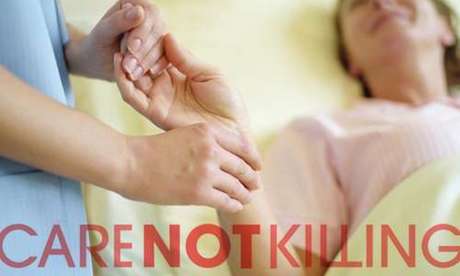“The current law may not be perfect but it provides a clear bright line. Moving the bright line of prohibition would create far more problems than it would ever solve.”
This was the conclusion of the oral submission made by Dr John Kleinsman to the Health Select Committee on behalf of the The Nathaniel Centre, The Catholic Bioethics Agency.
The hearing took place on Wednesday at the Select Committee Rooms in Wellington and was supported by The Nathaniel Centre’s written submission, submitted earlier in the year to the Committee’s End of Life Investigation.
In his submission Kleinsman addressed 4 main points:
- Choices are shaped by the context in which we live
- The distinction between choice and autonomy
- Applying the “precautionary principle”
- The caring role of health professionals precludes their involvement in ending the lives of their patients
Read the verbatim text of the oral submission
Kleinsman said that the strongest arguments against granting individuals the right to choose euthanasia arise when we understand that all choices are made within a context.
After reviewing the features of the contemporary context Kleinsman concluded “that there has never been a more dangerous time in our country’s history to think about implementing an assisted suicide or euthanasia regime.”
“The combination of all of these factors create the conditions for a ‘perfect storm’ and has the potential to drive up demand for euthanasia to surprising levels, as has recently happened in Canada where the uptake is three times higher than anyone ever anticipated,” he said.
“While euthanasia may be instituted as a measure of last resort, it will not stay that way.”
Speaking about the role of the medical profession he said, “It is dangerous to assume that that euthanasia belongs within medicine and, besides, it is incorrect to think that we could only have a euthanasia regime if it involved health professionals as the agents.”
Source
- Supplied
- Image: familyfirst.org
News category: New Zealand.




